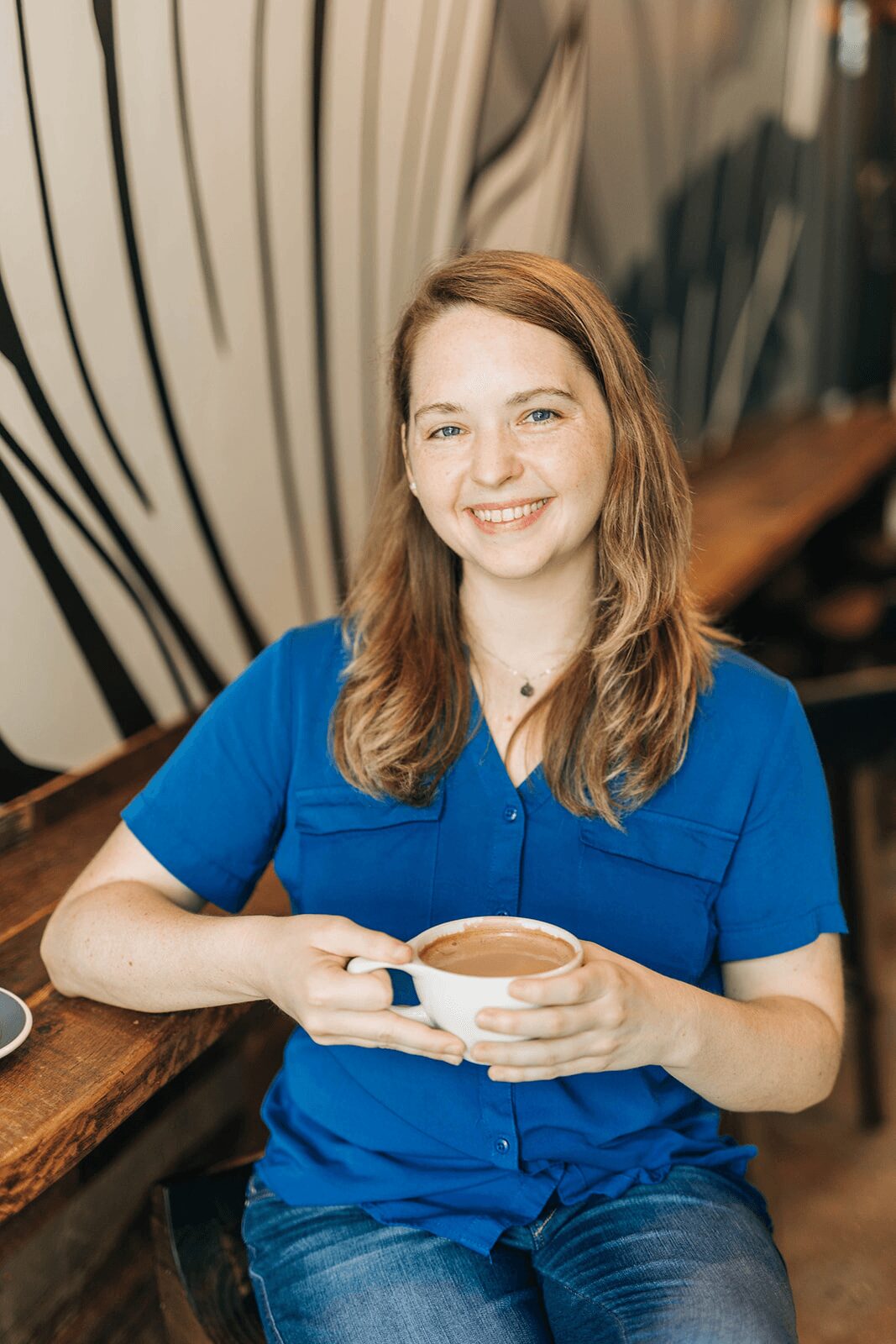We recently connected with Claire Gordijn and have shared our conversation below.
Claire, thanks for taking the time to share your stories with us today Was there a moment in your career that meaningfully altered your trajectory? If so, we’d love to hear the backstory.
So I want to tell the story about how I decided to become a therapist. When I was in 6th grade I went to public school for the first time in my life and I was bullied relentlessly. I was chubby, had a short haircut, and was boyish. You can imagine the ridiculous things the other kids said, but it wounded me deeply. I went from a curious and talkative kid to subdued and withdrawing into myself, pushing people away with a big leather jacket, backwards hat, and sunglasses. Obviously my parents were concerned. My mom had a friend who was a school counselor and she agreed to meet with me. I remember sitting in her back yard, her two poodles running around in the grass, and talking to her about what was on my mind and the things I was passionate about. I remember that the things I talked about the most had nothing to do with what was bothering me, but it helped nonetheless. To be heard and understood by someone who just wanted to understand was so healing, though I didn’t realize it at the time.
She was the reason I decided to become a therapist. Because I wanted to do that for other people. I wanted to be the safe place for them to sit and be heard and to help them navigate the pain of their past, even if they weren’t ready to talk about it yet.
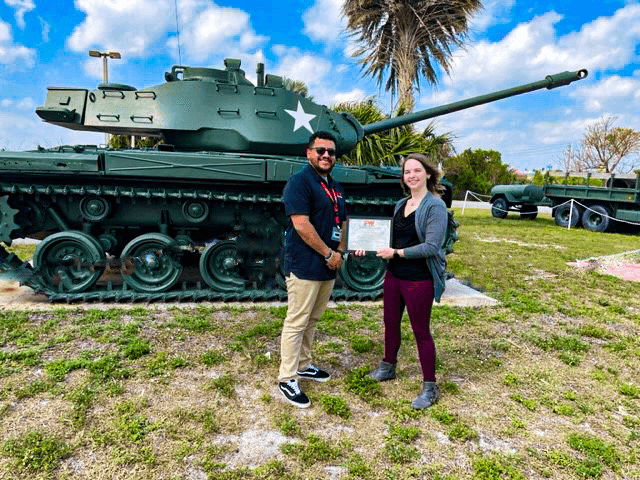
Claire, before we move on to more of these sorts of questions, can you take some time to bring our readers up to speed on you and what you do?
I’m a Licensed Mental Health Counselor (LMHC) and my business, Bold Oak Therapy, provides talk therapy for people who live in Florida, Georgia, and South Carolina. I have an extensive background working with substance use and recovery and have worked in rehabs and mandated facilities for most of my career. I specifically work with people struggling with anxiety, trauma, OCD, addiction and recovery, and personality disorders. I also work with veterans and first responders. It’s a passion of mine because I have family who are first responders and I know the kind of trauma and stress they’re under.
What I work to do in my sessions with people is to create a space that is safe for them to feel their emotions readily and freely without judgement. Too often we clamp down on our feelings and try to make them go away as fast as possible, which isn’t really how feelings work. Additionally, I work with my clients to have an honest and curious relationship with their thoughts. Then we can brainstorm their problems together and to come to realistic solutions, not just the ideal solutions.
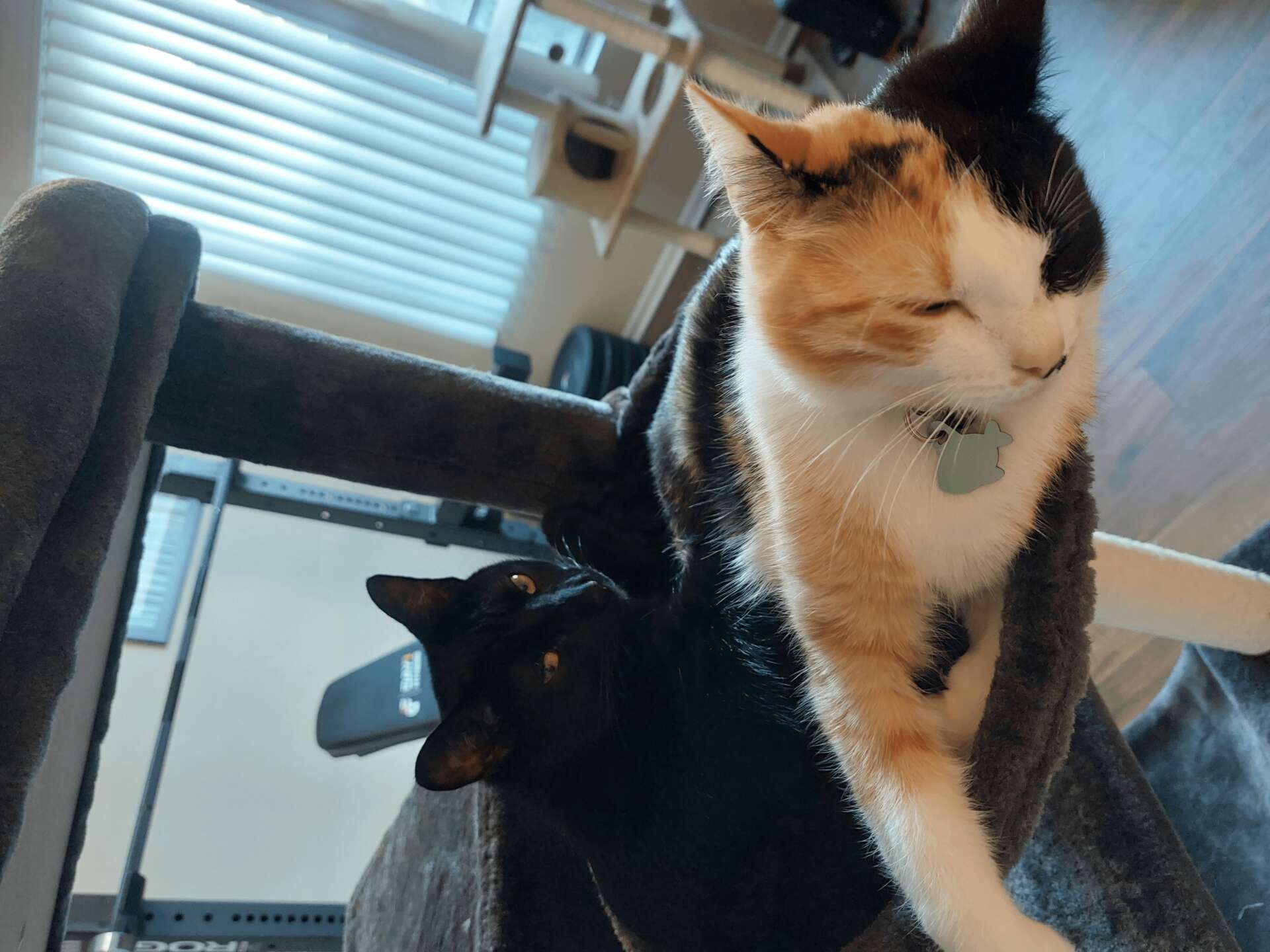
We’d love to hear a story of resilience from your journey.
I love being a therapist, but the consequences of a social profession in which you help to shoulder other people’s metaphorical backpacks can be heavy. Especially when you first start in the field. Because there’s such a high demand for therapy services, there’s a huge expectation to work a lot of hours and to see too many clients. My first job as a therapist was working in a substance abuse rehab, which is the deep end of the pool for therapists. It’s high crisis and high intensity which makes it a fast paced and, sometimes, scary environment. I loved it for a long time and I learned a lot there! But I became so severely burnt out and compassion fatigued that I was losing what I loved about being a therapist. It was also taking a physical toll on my body: I would get light headed randomly, my chest was tight like there was a vice on my lungs, and I was nauseous every day coming into work. There’s a lot of emotional wounding that comes with this field and it takes a lot of work to keep yourself healthy and motivated.
I ended up taking time off to recover because burn out is a full body issue, much like the flu, and it takes time for us to heal from it. I chose my health for a while and, after recovering and finding joy in helping people again, I’ve been working to build my business that aligns with my values and goals. It has been an amazing journey and I don’t regret any of it because I learned so much from every part, even from the burn out, and it has only helped me to understand the burdens my client’s are facing. I’d add that I have never lost my passion for helping people in addiction and working towards their recovery, despite the pain that comes with that world. I’ve even gone back to working part time for a rehab because I believe in the mission so much!
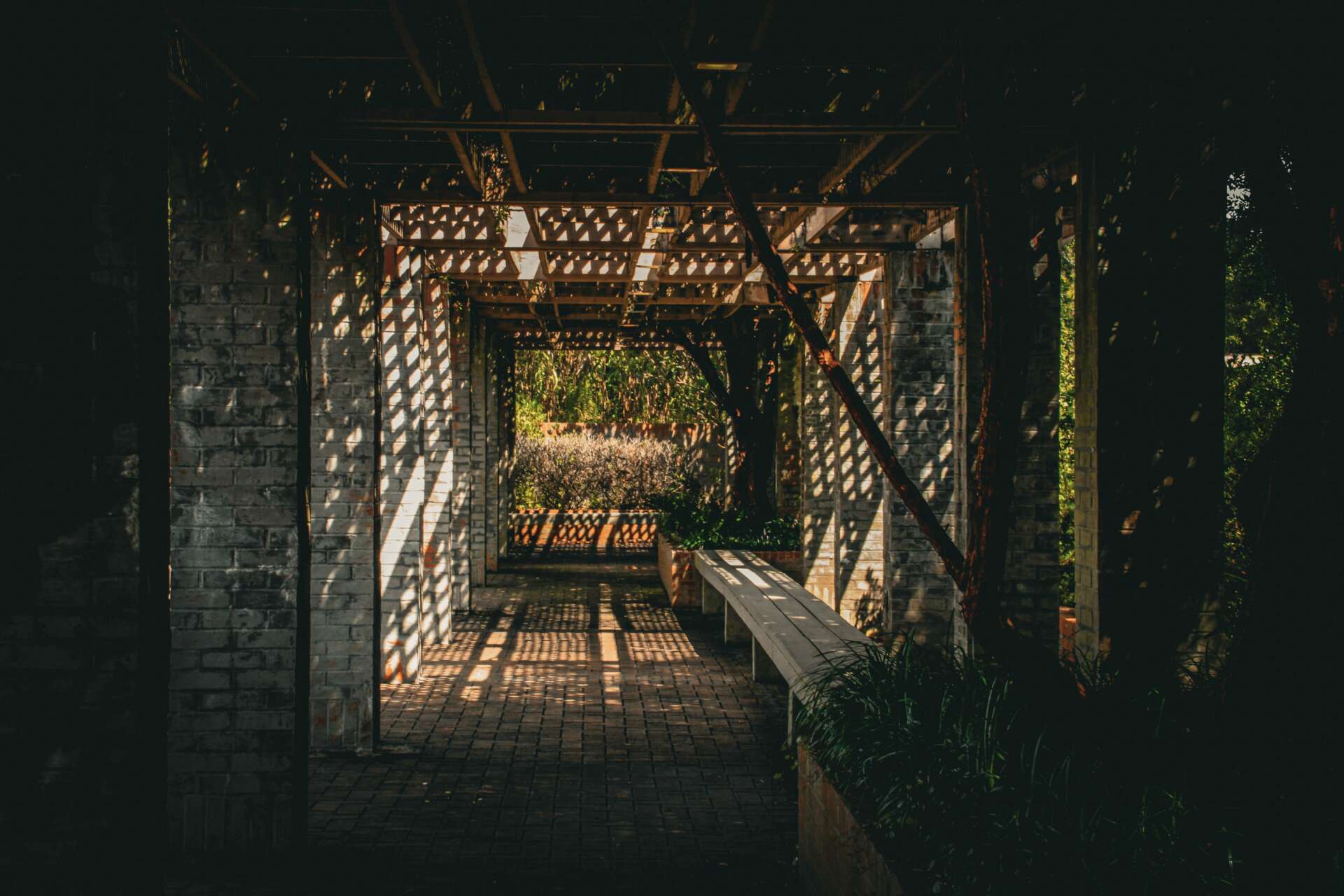
Learning and unlearning are both critical parts of growth – can you share a story of a time when you had to unlearn a lesson?
A long time problem I had carried with me was a fear of other women. I learned, later in life, that this is fairly common and it comes from relational aggression. I had always gotten along very well with men but had shaky relationships with women as I tended to be loud, opinionated, and forward. I had this belief that, even if a woman was my friend right now, eventually I would do something wrong and they would turn on me. It was backed with experiences I’d had with women too, but I had internalized this and it effected all areas of my life. Even as a therapist. I didn’t want female clients because they made me nervous and I held an irrational belief that they would lash out at me eventually.
As an intern, I had a phenomenal supervisor who didn’t hesitate to challenge these beliefs and had me work on this issue. She happened to be a woman too, just to add to all of the anxiety around the situation! But she refused to let me avoid this problem and so assigned me female clients consistently. I had to unlearn my beliefs around women and had to find it in myself to feel safe, despite what my body was telling me. It was one of the best lessons I’ve ever had to unlearn and relearn and I’m so glad I did because it has worked to not only enhance the relationships around me and make me a happier person, but also given me insight and empathy for my clients who also carry this same fear in themselves.
Contact Info:
- Website: https://boldoaktherapy.com
- Instagram: https://www.instagram.com/boldoaktherapy/
- Facebook: https://www.facebook.com/profile.php?id=61556106674842
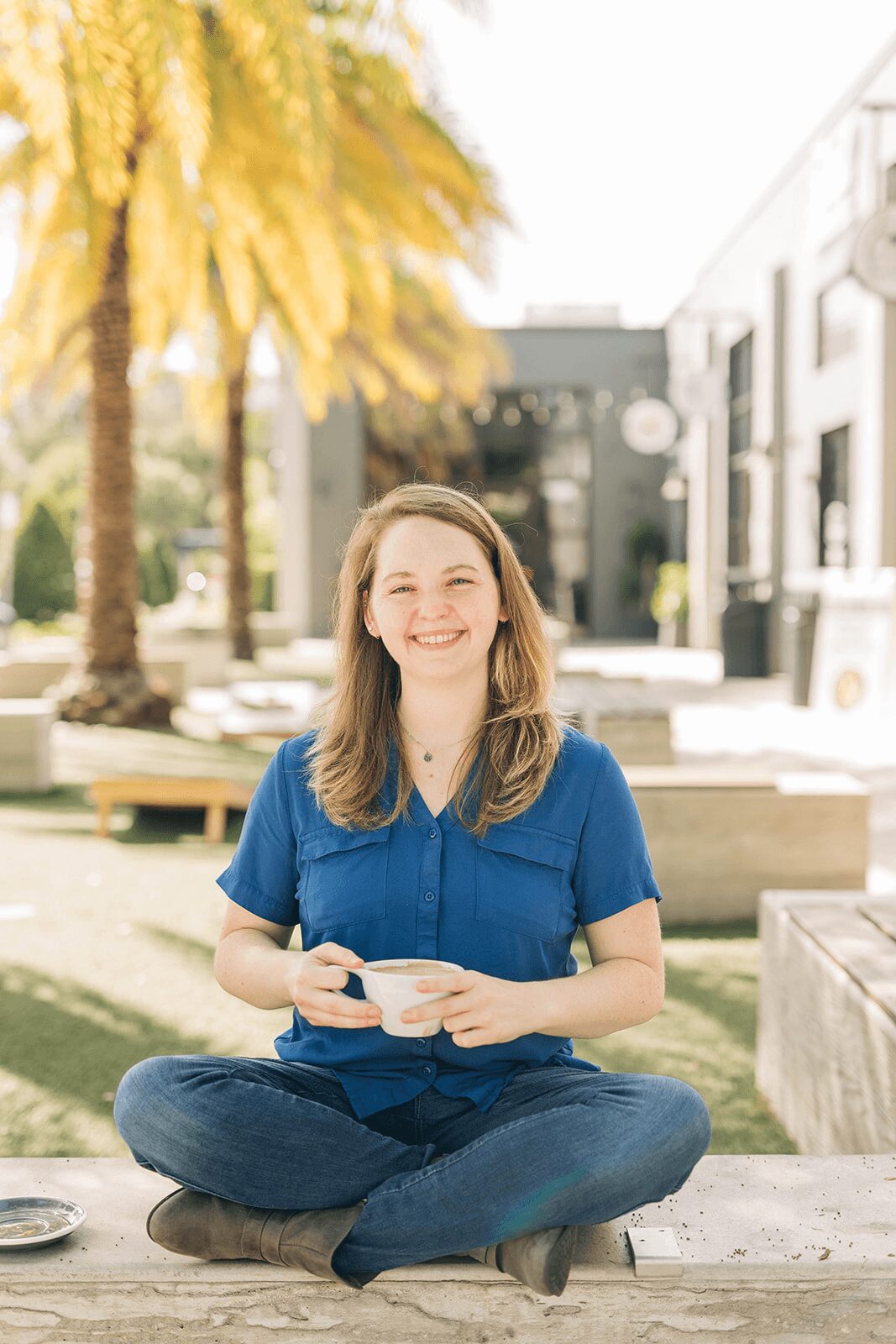
Image Credits
Sydney Morman Photography


